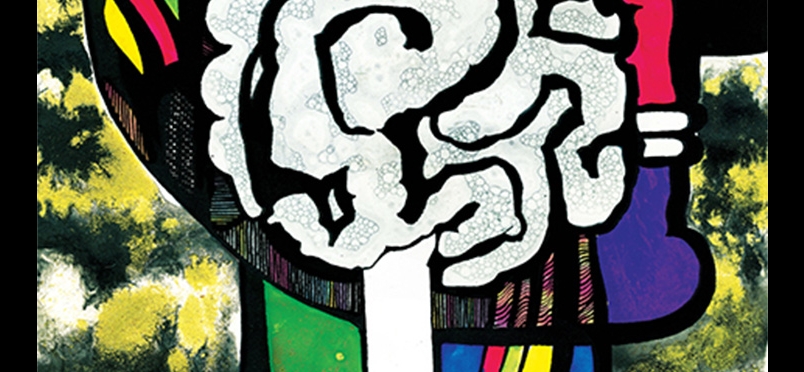| research/study
Taming Inflammation from Traumatic Brain Injury

Researchers Identify Immune Cell Suppression as Possible Treatment Target
Researchers from Ohio State University report that eliminating one type of immune cell in the brain is effective in preventing inflammation following traumatic brain injury. The finding may represent a significant advance in the treatment of severe brain injury, for which there are no approved medication based approaches at present. Senior author Jonathan Godbout, PhD, assistant director for basic science at Ohio State’s Institute for Behavioral Medicine Research, commented, “Chronic inflammation with brain injury is harmful, and in this study we were able to eliminate that inflammatory response of the immune system by targeting just one specific cell type. Now, we have a specific cell to aim for when looking at potential interventions to decrease the harm caused by concussions.” The findings were presented last week at the annual Society for Neuroscience meeting.
In the study on mouse models, researchers administered a drug to eliminate microglia in mice with brain injury. They observed a complete elimination of the inflammation that is characteristic of such injury. The authors note that the drug employed in the study would not be suitable for use in humans because it also impairs other vital functions that the microglia perform. Dr Godbout continued, “We don’t know the long-term effects of eliminating these immune cells, but we are doing more physiological, biochemical and behavioral analysis to get to the bottom of that question.”
Read about the research findings.
Did you enjoy this article?
Subscribe to the PAINWeek Newsletter
and get our latest articles and more direct to your inbox